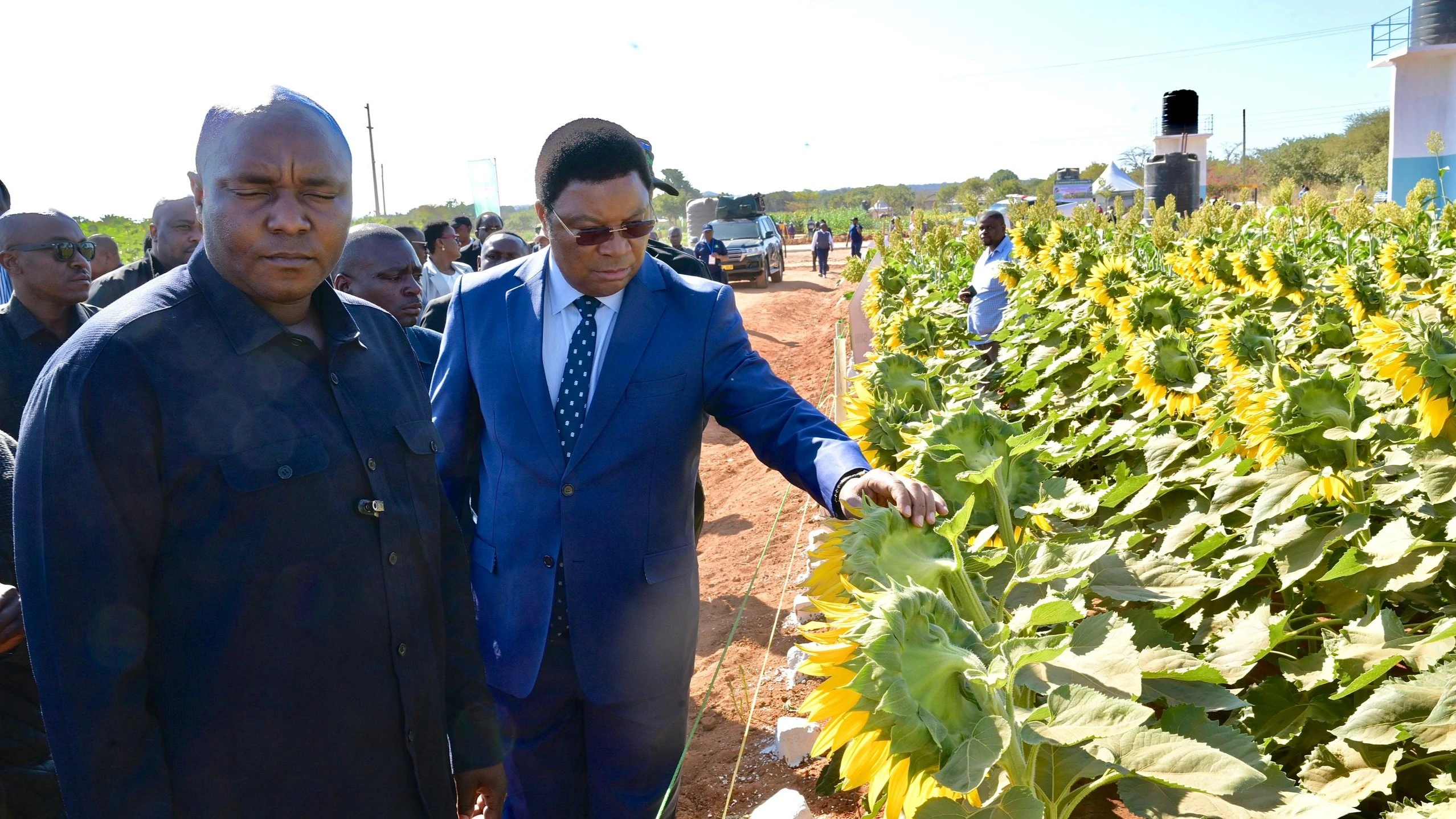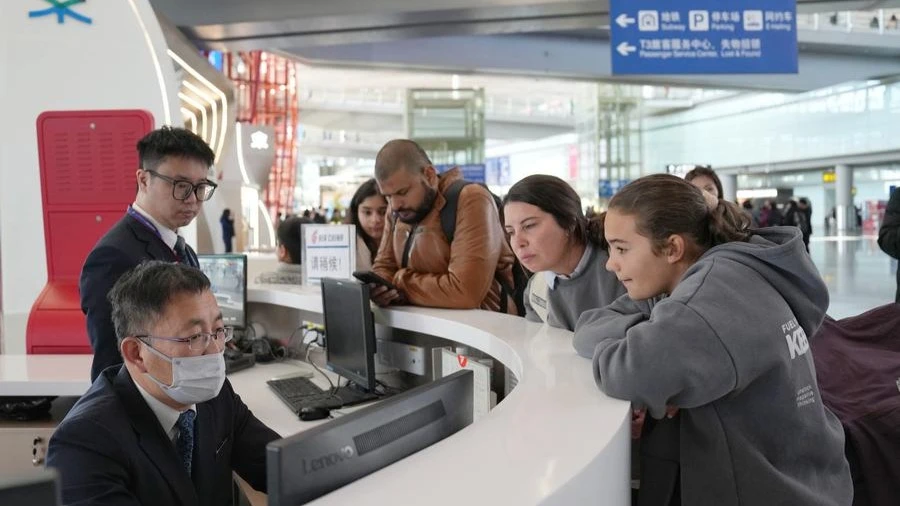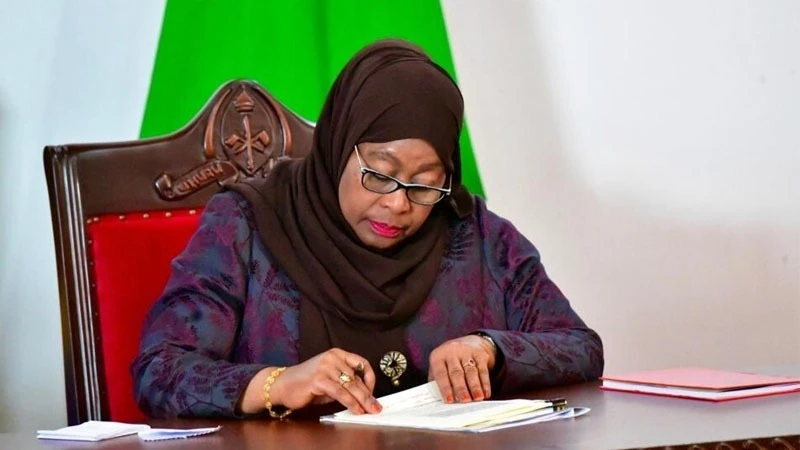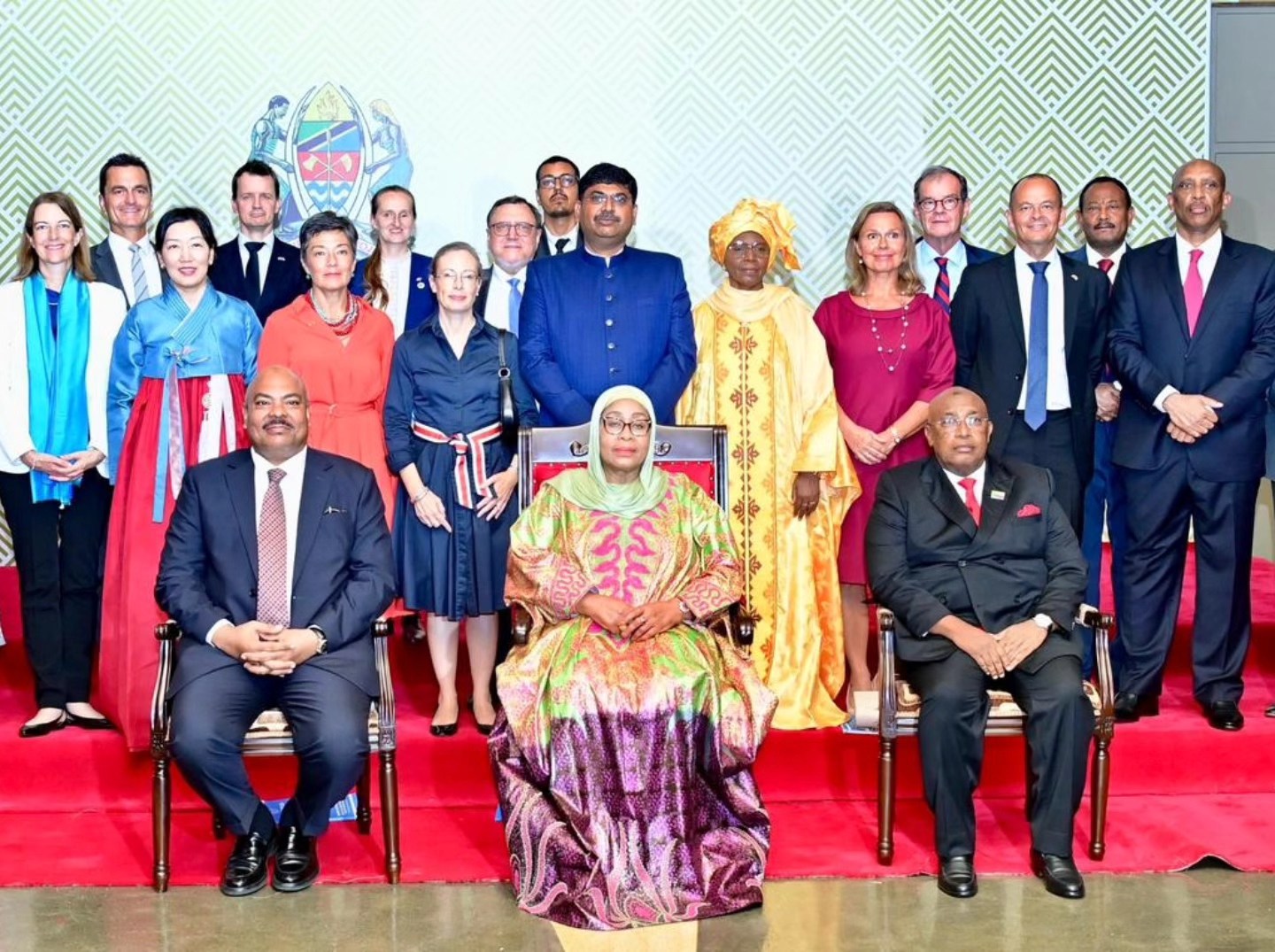PM urges Expo participants to access key global markets

PRIME Minister Kassim Majaliwa has called on exhibitors and participants in the 31st Tanzania Agricultural International Expo to explore various skills and technologies to uplift agro-sector productivity.
Launching the annual agro-sector produce and services showcasing event this year themed on embracing visionary leadership for agricultural transformation, he underscored the need to elect leaders likely to be fully committed to transforming agriculture responsibly.
Asserting that the government has so far succeeded in easing access to vast markets for crops and meat outside the country, he appealed to agro-sector practitioners and administrators to adopt best practices to elevate productivity.
This is vital to benefit accordingly from available, lucrative markets, citing China, India, the United States, Pakistan, and Brazil, with $2.3m gained by exporting 1.57m tonnes of crops, he said.
Available produce for export is no longer a problem, while the government is seeking out other global market platforms, he said, affirming that the National Food Reserve Authority (NFRA) and Cereals and Other Produce Board (CPB) have between them signed accords to sell 1.25 tonnes of maize outside.
Congo has applied to buy 500,000 tonnes of maize, Zambia needs 650,000 tonnes and the World Food Programme (WFP) has asked for at least 100,000 tonnes, he said, highlighting that there are similarly substantial export markets for vanilla, pepper, cloves, pineapples, cocoa, tobacco, potatoes and banana.
He pointed at China, Pakistan, the US, South Africa, and India as key markets, with the need to improve agro-sector performance occasioning a rise in agriculture ministry budget funding to 1.2trn/-.
This is meant to facilitate the implementation of numerous projects to uplift production capacity, he said, elaborating that the target is to enable farmers and livestock keepers to modernize, thus uplifting production and productivity.
Farmers need to use the eight days of the show distributed in eight zones across the country to learn more about the necessary agro practices, and skills, he said, affirming that livestock and agriculture contribute 26.5 percent to the gross domestic product (GDP) and 65 percent of raw materials for local industries. This leaves aside its share in direct and indirect employment, he stated.
Up to June 2024, 13.14m tonnes of meat had been exported to different countries, including Comoro, Hong Kong, Jordan, Kenya, and Kuwait, fetching $56m, with the livestock sector obtaining large markets for livestock hides and bones, in Togo and Nigeria specifically.
Agriculture Minister Hussein Bashe said the ministry made the right preparations to ensure that this year’s exhibitions are even more fruitful, especially in disseminating the relevant agro-sector technologies to farmers.
Alexander Mnyeti, the Livestock and Fisheries deputy minister, said the exhibition will help to propel better use of livestock rearing technology among local livestock keepers.
Top Headlines
© 2025 IPPMEDIA.COM. ALL RIGHTS RESERVED






















